
Ancient legacy
The question represents an ancient folk paradox addressing the problem of origins and first cause. Aristotle, writing in the fourth century BCE, concluded that this was an infinite sequence, with no true origin. Plutarch, writing four centuries later, specifically highlighted this question as bearing on a "great and weighty problem (whether the world had a beginning)". In the fifth century CE, Macrobius wrote that while the question seemed trivial, it "should be regarded as one of importance".
By the end of the 16th century, the well-known question seemed to have been regarded as settled in the Christian world, based on the origin story of the Bible. In describing the creation of animals, it allows for a first chicken that did not come from an egg. However, later enlightenment philosophers began to question this solution. Carlo Dati in the mid 17th-century published an erudite satire on the subject.
Scientific resolutions
Although the question is typically used metaphorically, evolutionary biology provides literal answers, made possible by the Darwinian principle that species evolve over time, and thus that chickens had ancestors that were not chickens, similar to a view expressed by the Greek philosopher Anaximander when addressing the paradox.
If the question refers to eggs in general, the egg came first. The first amniote egg—that is, a hard-shelled egg that could be laid on land, rather than remaining in water like the eggs of fish or amphibians—appeared around 312 million years ago. In contrast, chickens are domesticated descendants of red junglefowl and probably arose little more than eight thousand years ago, at most.
If the question refers to chicken eggs specifically, the answer is still the egg, but the explanation is more complicated. The process by which the chicken arose through the interbreeding and domestication of multiple species of wild jungle fowl is poorly understood, and the point at which this evolving organism became a chicken is a somewhat arbitrary distinction. Whatever criteria one chooses, an animal nearly identical to the modern chicken (i.e., a proto-chicken) laid a fertilized egg that had DNA making it a modern chicken due to mutations in the mother's ovum, the father's sperm, or the fertilized zygote.
It has been suggested that the actions of a protein found in modern chicken eggs may make the answer different. In the uterus, chickens produce ovocleidin-17 (OC-17), which causes the formation of the thickened calcium carbonate shell around their eggs. Because OC-17 is expressed by the hen and not the egg, the bird in which the protein first arose, though having hatched from a non-reinforced egg, would then have laid the first egg having such a reinforced shell: the chicken would have preceded this first 'modern' chicken egg. However, the presence of OC-17 or a homolog in other species, such as turkeys and finches suggests that such eggshell-reinforcing proteins are common to all birds, and thus long predate the first chickens.
- 1 cup mayonnaise
- 1 (12-ounce) can frozen lemonade concentrate, thawed, divided
- 1/4 teaspoon black pepper
- 1/4 cup water
- 4 salmon fillets (about 1-1/2 pounds total)
- In a medium bowl, combine mayonnaise, 3 tablespoons lemonade concentrate, and pepper; mix well, then cover and chill.
- In a large skillet, bring remaining lemonade concentrate and water to a boil over medium-low heat. Add salmon and reduce heat to low; cover and cook 8 to 10 minutes, or until fish flakes easily with fork. Allow to cool to room temperature and serve with chilled lemonade sauce.
1928 – Andy Warhol, American artist (d. 1987)







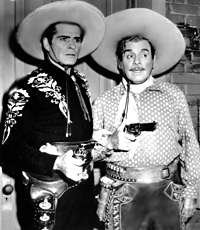
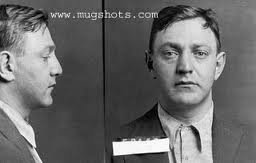
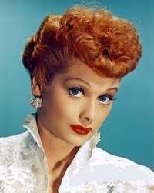
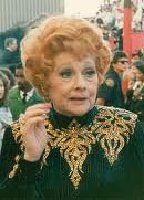
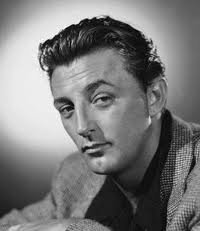
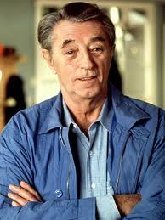
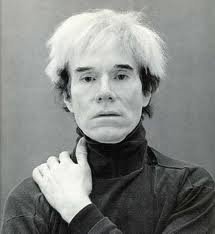

1 comment:
Eggs are for breakfast. Chicken for later – so it is the egg first. Then the chicken :-)
Post a Comment